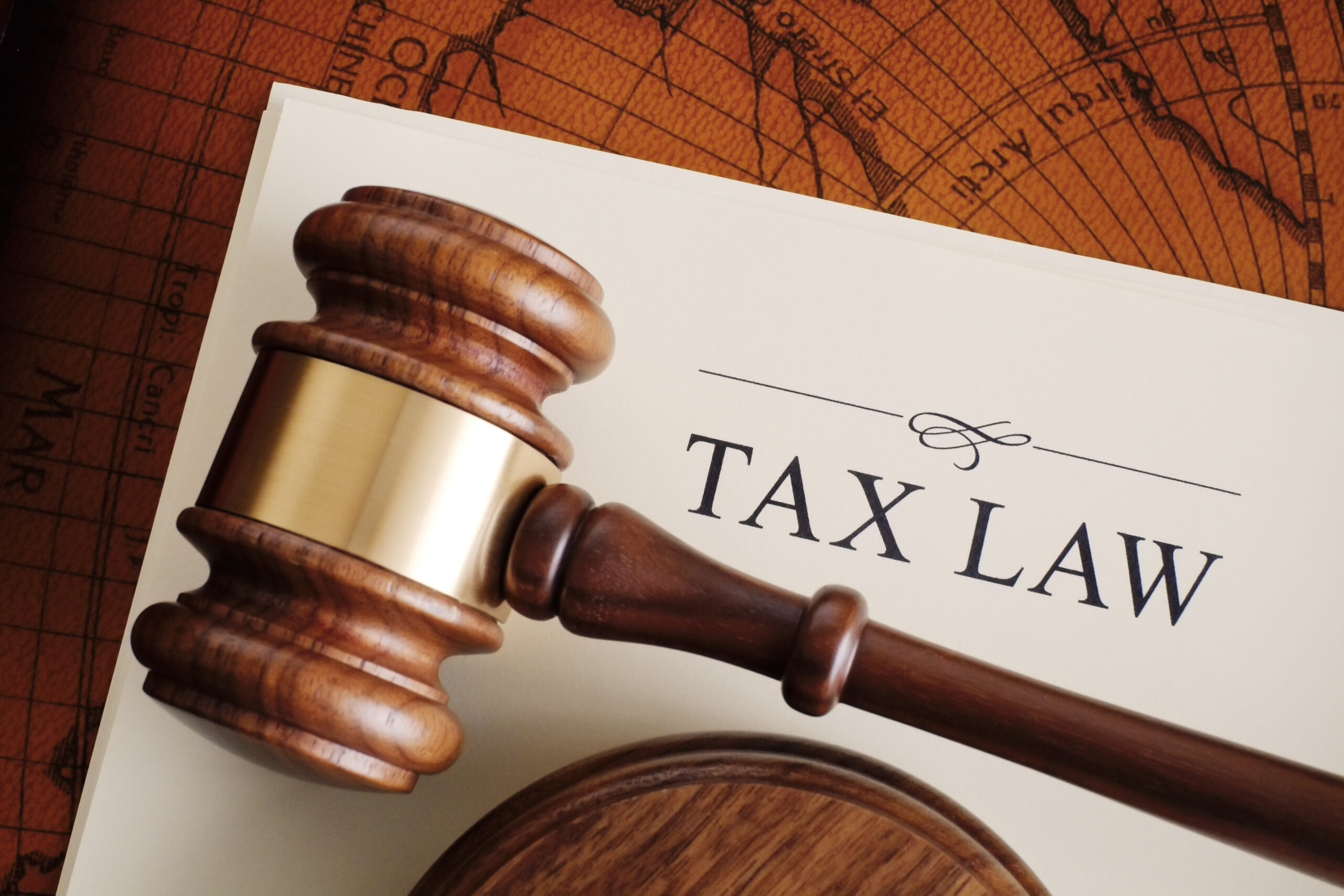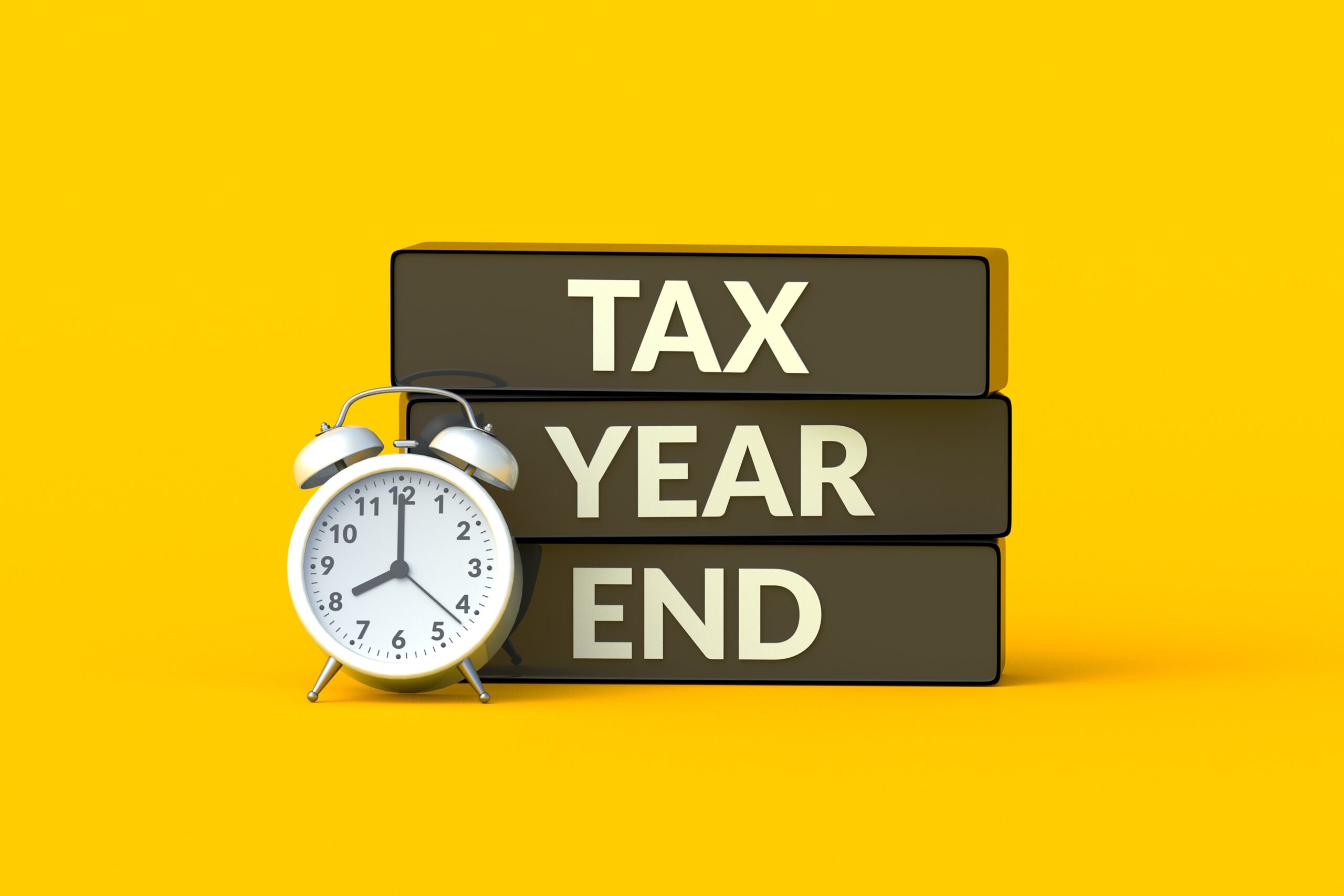What We Do
Financial & Tax Services
Throughout the PNW and beyond, we provide financial and compliance assurance services, tax planning and preparation. Oh-and monthly bookkeeping and financial reporting needs – we do that too.
Consulting & Management Advising
Whether you’re preparing a startup, assessing internal controls, or looking for financial strategies that will compound and help your business grow, we’re here to lend our decades of experience.
Why Work With Us
Commitment to Nonprofits
We specialize and understand the culture, values, and dynamics of the nonprofit sector. Our mission is helping you thrive with yours.
A Diverse Team
Diversity, equity and inclusion has been a core value of the firm since the beginning and is at the center of who we are and how we work.
Bringing Our Best
We operate a small team where our top people, including the partners, are the ones handling your sensitive financial situations.
National Resources
We’re part of an alliance of independent firms across the country, that expands our access to resources, experiences, and service specialties.
Trusted Partnership
Since 1972 we’ve been here in Portland, working to better our community. Our philosophy says we only succeed when you succeed, and only you can define what that means. Throughout it all, we’ll be there for you.
Giving Back
We’re always supporting our community and taking care of our natural environment. You can often find us doing service projects, hosting seminars, and participating in Portland’s Sustainability at Work program.
Testimonials
The estate planning team at McDonald Jacobs is experienced, knowledgeable, and expert at leading clients through complicated estate planning matters in a comprehensible fashion. They are valuable members of any client’s estate planning team.
Their knowledge is beyond repute, but it is the personal relationships I have formed, along with their outstanding customer service and professionalism, that sets McDonald Jacobs apart.
We need an auditor who understands nonprofits, is responsive, and can be understanding and flexible in a way that smaller nonprofits often are. That’s why we work with McDonald Jacobs.
Some firms feel there’s a risk about teaching their clients too much about certain forms. That’s not the case at McDonald Jacobs. They don’t worry about those types of things. They’re open-handed and open-hearted.



